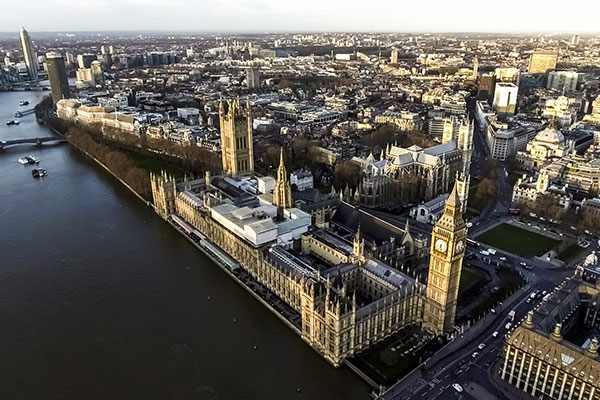The recent reshuffling of governmental positions has indicated that rail transport will take precedence in the Department for Transport’s focus. Appointments made reflect this new alignment.
With rail transport highlighted as the key focus area, industries such as aviation may need to adjust their strategies to align with the new priorities set by the Department for Transport.
Prioritising Rail Over Other Sectors
The recent appointment of Louise Haigh as the secretary of state for transport has indicated a significant shift in the Department for Transport’s priorities, placing rail at the forefront of its agenda. This has been further underscored by Haigh’s early year declaration to progressively renationalise the railways. Industry leaders believe this focus could overshadow other sectors such as aviation, with one aviation expert noting, “There is no question rail will be the priority.” Such a strong emphasis on rail might mean that other transport areas will receive less attention from the Department.
Aviation Sector Faces Challenges
Aviation standpoints suggest that the DfT’s focus on railways means less ministerial time will be available for aviation matters. This has made the role of the aviation minister increasingly important as they will become the pivotal contact for the industry’s needs. There are pleas for the government to commit to the Flightpath to the Future framework which aims to maintain UK aviation’s global competitiveness while meeting net zero targets. However, aviation representatives underscore the urgency for government attention on sustainability initiatives like sustainable aviation fuel plants and modernising airspace.
Industry Reactions and Preparations
Initial reactions from industry leaders have shown a preparedness to align with the new government’s goals. Mark Tanzer, ABTA’s chief executive, mentioned efforts already in place to engage with newly appointed ministers to highlight the outbound travel industry’s economic value. Business Travel Association’s CEO, Clive Wratten, echoed similar sentiments, urging ministers to collaborate with the industry as they settle into their roles. There is a collective understanding that immediate engagement with the new ministers may not be realistic given the current focus.
New Ministers and Policy Planning
The appointment of new ministers will undoubtedly bring about changes in policy directions. However, many industry leaders have already laid the groundwork for constructive dialogues. Joss Croft from UKinbound has taken proactive steps by drafting communications to the incoming ministers in aviation, tourism, and immigration, outlining key policy demands. These demands aim to strengthen the integration between inbound, outbound, and domestic travel sectors, a vital aspect of enhancing the UK’s overall travel landscape. The aviation source maintains that the immediate period post-election will focus more on internal engagement within the government.
Long-term Strategies for Transport
Stability remains a cornerstone for many in the transport sector, with an emphasis on continuing strategic plans already underway. While the spotlight may not be on aviation, insiders stress the importance of not deviating from established frameworks that aim to enhance environmental sustainability and economic viability. There’s a call for the new administration to honour commitments to frameworks like Flightpath to the Future and work collaboratively with the sector to navigate challenges such as runway capacity and tax policies. Maintaining progress without disruptive policy shifts is the overarching theme among many transport stakeholders.
Conclusion and Future Engagement
In conclusion, the Department for Transport’s agenda, under the new leadership, is poised to prioritise rail in the immediate future. While this may pose challenges for other transport sectors, future engagements are being strategically planned. Industry leaders are prepared to navigate these changes by leveraging established frameworks and advocating for sustainable practices that align with broader governmental objectives. There is a shared anticipation of constructive ministerial dialogues post the initial transition period, which are expected to yield collaborative strategies benefiting the entire transport ecosystem.
Railways are expected to dominate attention, yet other sectors are strategizing to ensure their interests are not overlooked.
As the new government settles in, industries are called to work within established frameworks to achieve goals aligned with national priorities.

